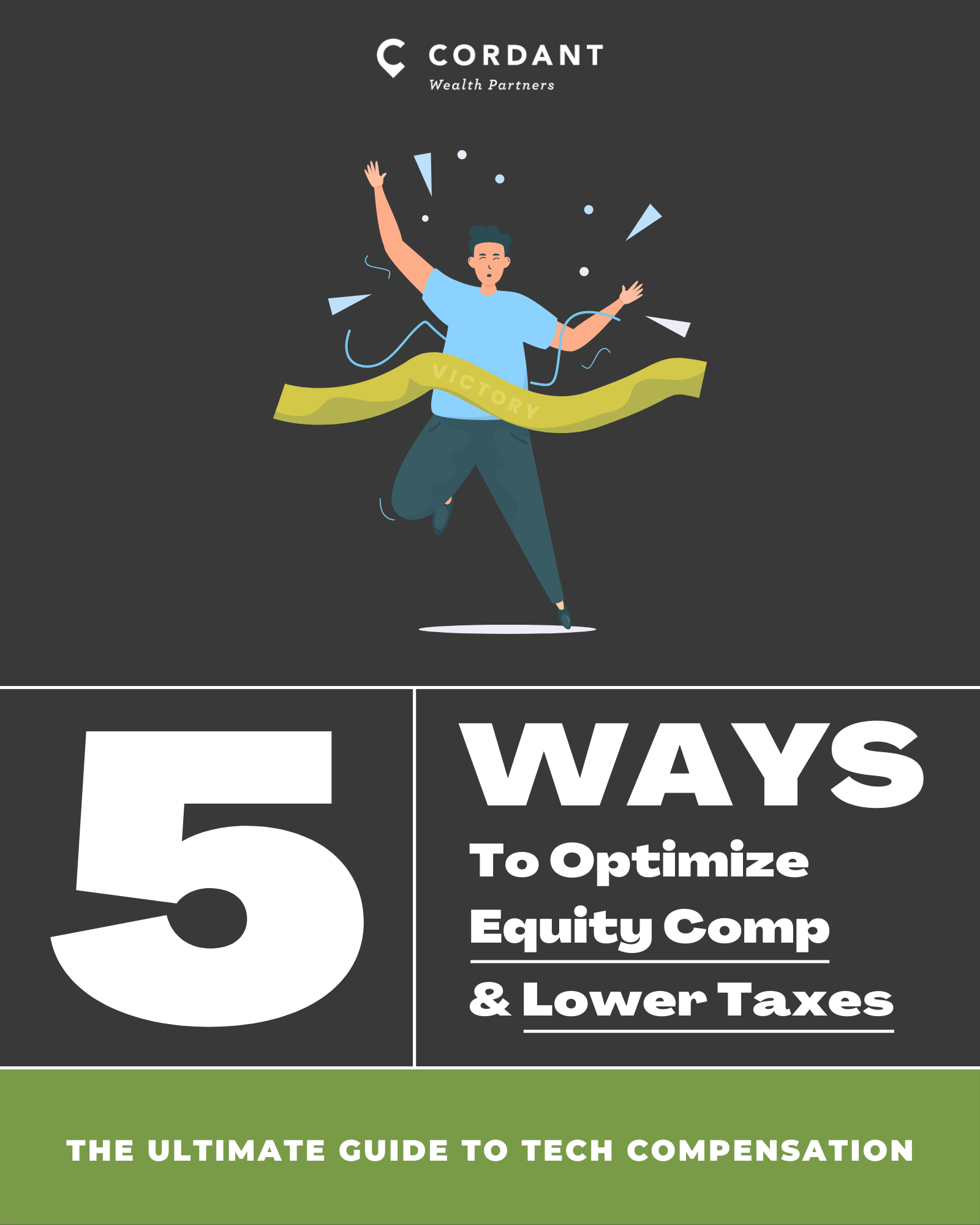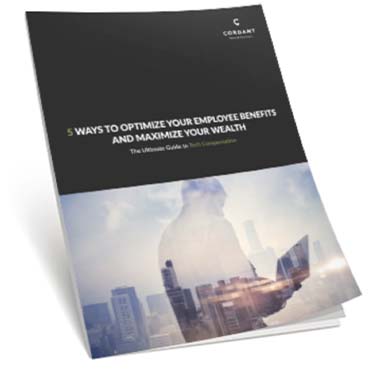*This is a guest post written by Cordant Ambassador, Dave Unzicker.
Are Your Children Exposed to Affluenza? Don’t let them get infected!
Recent news stories based on the capture of the fugitive “victim of affluenza,” Ethan Couch, have really brought to the forefront an issue that I have been struggling with for years—in this world of plenty that glorifies consumerism how do I ensure that my children don’t develop an unrealistic, undeserved, and unsustainable sense of entitlement?
My wife and I, while from substantially different backgrounds, are both products of families who did without, either by choice or by circumstance. While that may have caused some hardships, it also instilled in us a sense of thriftiness and appreciation for what we had. We would really like to have our children grow up with those same senses, but perhaps without the hardship. And that requires a delicate balance.
I grew up as the youngest of three children of parents who grew up during the Great Depression. As a result, through most of their lives my parents both placed great value on being frugal with their spending and thrifty with their resources. They and many of their contemporaries made “reduce, reuse, and recycle” ways of life long before it became a popular slogan. And my dad added “repair” to that list as well! And apparently he wasn’t the only one as Sheri Reed lists “repair” number 18 in her list of 26 Money-Saving Tips From Depression-Era Elders.
As a result, growing up, I don’t remember ever noticing changes in our lifestyle as a family regardless of the income situation. In my developing years, my dad went from working as a chemist for General Electric at the Hanford Project site in Washington, to being a full-time graduate student in Oregon, to being an entry-level engineer for the American Potash and Chemical Corporation, and rising through the management ranks during the rest of his career with Kerr McGee Chemicals in California. But never in that time do I remember money appearing to be either tight (though it certainly was during the grad school years) or plentiful (as I know it was later in his career). Even during his too brief retirement, I remember my dad’s pride in the fact that his investment portfolio was growing because it was earning more than my parents were spending.
My parents weren’t rich by most people’s definitions. They were comfortable without being lavish—very middle class. They lived within, or beneath, their means. They saved, spent, and invested wisely.
My wife spent her early years in the Philippines, the third of six children. Her father worked as a driver and mechanic for the US embassy in Manila for many years. Ultimately he was rewarded for his service with the opportunity for his family to immigrate to the United States and eventually become citizens. I can only imagine the difficulty they must have faced while being immersed in their new culture and language. My wife tells stories of some of their challenges and the hurt she felt when neighbor children had “luxuries” that her family couldn’t afford. This in spite of the neighbors being poor, too!
With her family, “It’s still good!” was the rallying cry as they took thrift to a level well beyond my experience. And even as her parents’ wealth grew over the years, that same attitude prevailed.
Yet, in spite of the challenges we both faced (she much more than I) I think we both turned out okay! We both had long and successful careers with Intel. As a result of hard work, a little luck (okay, maybe more than a little!), investing wisely, and living beneath our means we were both able to leave the workforce to retire early while maintaining a comfortable lifestyle. We also have the means to provide much more to our three children than we ever had growing up.
Pressure to Consume
Peer pressure to consume, whether externally applied or just self-perceived, is an irrefutable and immutable component of childhood and adolescence. Phones, games, shoes, clothes, etc. And let’s not kid ourselves—it continues with us into adulthood as well! The main difference is children look to their parents and their seemingly unlimited resources to satisfy (i.e. pay for) their “needs” while adults are generally responsible for taking care of our “needs” for ourselves with our own clearly all-too-limited funds.
Add to this a child’s seemingly inherent ability to use charm, persistence, guilt, and a myriad of other tools to get his way with a parent and you have battle on your hands.
It is only a strong or well-prepared (or both!) parent who can avoid succumbing! Yet doing so just opens the door to the sense of entitlement that we want to help our children avoid.
I always find myself wanting to make my children “happy” so clearly I don’t have strength to fall back on for defense. Instead, we focus on having a strategy that directs our behavior and ensures that our children are exposed to the values that we want them to have.
Before I share that with you, though, I want to make it clear that nothing in this strategy is our original creation. We have sampled liberally from others through the years. We’ve tried a lot of things over the years, keeping some and discarding others. But what follows is a list of things that we think help. Guarantees? Absolutely none. But you can use our list as a starting point if it resonates with you.
Our 6-point strategy to prevent “affluenza:”
- Focus on experiences, not things. Just from my own experience, I remember and care about things I did as a child much more than things I had. It’s better to “do” than to “have.” I’m much more likely to fund an experience than I am a purchase. A bonus is that frequently the experience also provides an opportunity to spend time with the child, something usually missing with stuff. In a recent article in The Atlantic, author James Hamblin expounds on the benefits of buying experiences instead of things, highlighting that, “…psychology research has shown that experiences bring people more happiness than do possessions.”
- Teach to save, invest, spend, and give money early. Really these are the four choices that anyone has when it comes to money. All four are important and just about everyone needs to learn how to do them in life. It’s just that learning about them early, when the stakes and costs of mistakes are low, is much less painful/impactful than learning later in life when the “tuition” can be much more material. Barbara Friedberg, a writer with U.S. News, provides a nice description of how this might work and comments that “It’s never too early to teach a child the principles of compounding.”
- Teach the value of money and work, how they are linked, and the satisfaction of earning. The desirable side-effect of this is that people tend to respect and care more for things that they work to earn than the things they are given. (This is my fallback response especially to incessant pleas for a car!)
- Teach to be a contributor by volunteering. For most children this isn’t a natural behavior—especially when the dishes need to be done or the dog needs to be walked! But not only do they get the sense of satisfaction of helping others, but also the awareness of others and that not everybody has it easy. Hopefully it builds both empathy and a sense of obligation to help others. Erik Fisher, in Hitched, shares how volunteering together can also strengthen the family unit.
- Provide a financial education. Help them to understand and appreciate the importance, and power, of setting financial goals, planning, investing, and tracking their progress. Cordant has instilled this in me with their process of being intentional with financial decisions and basing everything on our goals and objectives. I am fortunate to have the team there who has helped with both 1:1 education sessions with my kids and with family meetings.
- Say, “No!” It seems obvious and simple, but it’s not easy, especially when you can and want to say, “Yes.” But it is important for my children to hear that. It doesn’t necessarily stop their efforts, but it raises the level of effort required to continue. In addition, to teaching them to deal with disappointment I have also found that it can encourage logical thought and problem solving when they elect to continue the battle! And that’s actually a good thing, even if it does make saying no even harder!
Click here for disclosures regarding information contained in blog postings.
Cordant, Inc. is not affiliated or associated with, or endorsed by, Intel.


